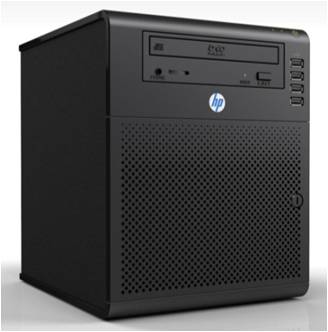 While the industry is telling the world+dog know that 2015 was the year of the cloud, one has to wonder what it would have been like if Edward Snowden had not revealed high level snooping of off-site data centres.
While the industry is telling the world+dog know that 2015 was the year of the cloud, one has to wonder what it would have been like if Edward Snowden had not revealed high level snooping of off-site data centres.
This year Taser discovered first hand some of the problems. It won a high-profile contract to supply body cameras to the London police. But the deal nearly collapsed because video footage on Amazon’s cloud.
The deal survived only after Taser dropped Amazon.com because it did not have a data centre in Britain. The UK coppers did not want their data going overseas where it could be snooped upon by the US.
Larger companies are getting worried about relying too heavily on Amazon’s public cloud servers, preferring to store data on their own premises or work with cloud providers that can offer them the option of dedicated servers.
It has opened the door for Microsoft which has flogged the private cloud over the public and offered companies more direct oversight of their data in the cloud.
Steve Herrod, the former chief technology officer of VMware now a venture capitalist at General Catalyst Partners said Edward Snowden did more to create a future with many clouds in many locations than any tech company has managed.
A web of new laws restricting how data can move across national borders creates another hurdle for Amazon and led for calls for it to build more localised clouds.
SAP has ruled out working with Amazon on many upcoming projects due partly to data-location issues.
Amazon insists that demand for AWS, including in Europe and Asia, has never been stronger, and that any contracts lost to rivals are the extreme exception. It said that it will build data centres in every large country over time, but that will cost a bomb.
However it is having to face that fact that the model it pioneered in 2006 is slowing down because it is UScentric – at least for now.
AWS is five times the computing capacity of its next 14 rivals, including Microsoft, Google and IBM, according to Gartner and analysts are predicting that AWS revenue will more than double from 2014 levels to $10.5 billion in 2017, faster than the market overall.
But Synergy Research Group said that it could have been a lot different. At the moment AWS holds a 27 percent market share in the third quarter of 2014, compared to 10 percent for Microsoft’s Azure cloud business. Azure, however, grew 136 percent on a rolling annualized basis in the quarter, while AWS grew 56 percent.
Part of the reason that Azure did so well is because that Microsoft is willing to work with third-party data centre managers, such as Fujitsu, when clients are required to keep data within a country’s borders.
Vole is helping companies add cloud capabilities to their existing data centres and create a “hybrid” model that Amazon has only just started to offer.
Aix months ago, Barclays chose Azure over AWS to power some development and testing work because of its private-cloud option, along with Barclays’ existing familiarity with Microsoft’s data-centre software.
Vole has the advantage that it knows a few people in corporate and government and is using them to peddle Azure. AWS has only just started to build such ties.
It would have been different if it had not been for Snowden making those corporates and governments very nervous about allowing their data out of their sight.
 European antitrust watchdogs have serious doubts about Amazon’s cosy arrangement with Luxemburg to dodge its taxes.
European antitrust watchdogs have serious doubts about Amazon’s cosy arrangement with Luxemburg to dodge its taxes.

















